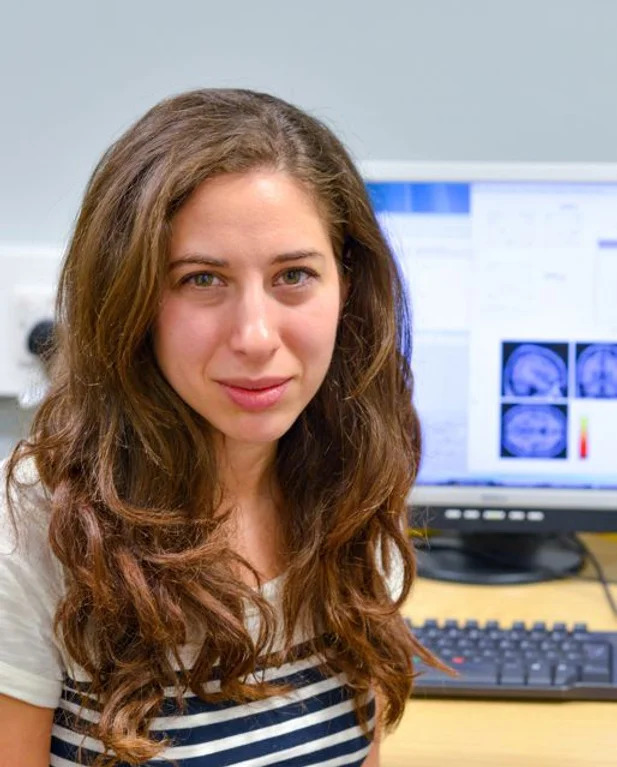Events
イベント
2024 CHAIN Winter School
2024年度 CHAINウィンタースクール:「身体化された心:理論から臨床へ (Embodied Mind: From Theory to Clinic)」

CHAINでは「意識・自己・社会性・合理性」といったテーマに対して哲学・神経科学・AI研究の融合した学際的教育プログラムを北大の大学院生に向けて提供しています。その中で夏と冬に開催されるサマースクール・ウインタースクールでは外部講師をお招きし、受講生に最先端の知見に触れ、学際的議論を行う場を提供しています。
2024年度のウィンタースクールはテーマを「身体化された心:理論から臨床へ (Embodied Mind: From Theory to Clinic)」として、心が身体や環境とどのように結びつき、認知や感情が生まれるのかを探究します。心を脳内の情報処理だけでなく、身体と外界との相互作用によって形成されるものと捉える「身体化された心」という革新的な考え方は、認知とは何かという根本的な問いを理論的に追究するだけでなく、発達障害や精神疾患の理解や治療にも応用可能な重要なテーマです。
講師にはマシュー・エグバート(Matthew Egbert)博士(オークランド大学)とサラ・ガーフィンケル(Sarah Garfinkel)教授 (ユニヴァーシティ・カレッジ・ロンドン)をお迎えします。
マシュー・エグバート博士は、「生きている」とは何かという根本的な理解を目指し、計算機上で人工的な生命システムを構築する可能性を追求してきました。その中で、人工システム上の「知性」や「生命」と、人間、動植物、細菌などの実際の生物との違いとして、「自律性(Autonomy)」や「行為主体性(Agency)」の問題を取り上げています。
サラ・ガーフィンケル教授は、内受容感覚(Interoception)に注目し、身体からの信号が脳とどのように相互作用して思考や感情を導くかを研究しています。特に近年は、不安、自閉症、PTSD、精神病などの臨床における情動処理の変化を明らかにし、心理的健康における内受容感覚の役割を解明しようとしています。
身体性を重視したアプローチが心の理解に新たな洞察をもたらすことを学べる絶好の機会です。CHAINの皆様、ぜひご参加ください。
- 講義1「非計算的・状況的な認知へのアプローチ」 by マシュー・エグバート博士
- 講義2「オートポイエーシスとエナクティビズム」by マシュー・エグバート博士
- 講義3「内受容感覚の基礎」 by サラ・ガーフィンケル教授
- 講義4 「内受容感覚の臨床応用」by サラ・ガーフィンケル教授
Seminar1

Lecturer
Lecture 1 - Non-computational and situated approach to cognition
Abstract:
Seminar2

Lecturer
Lecture 2 - Autopoiesis and Enactivism
Abstract:
Seminar3

Lecturer
Lecture 3 - Basics of Interoceptive Perception
Abstract:
Seminar4

Lecturer
Lecture 4 - Clinical Applications of Interoception
Abstract: